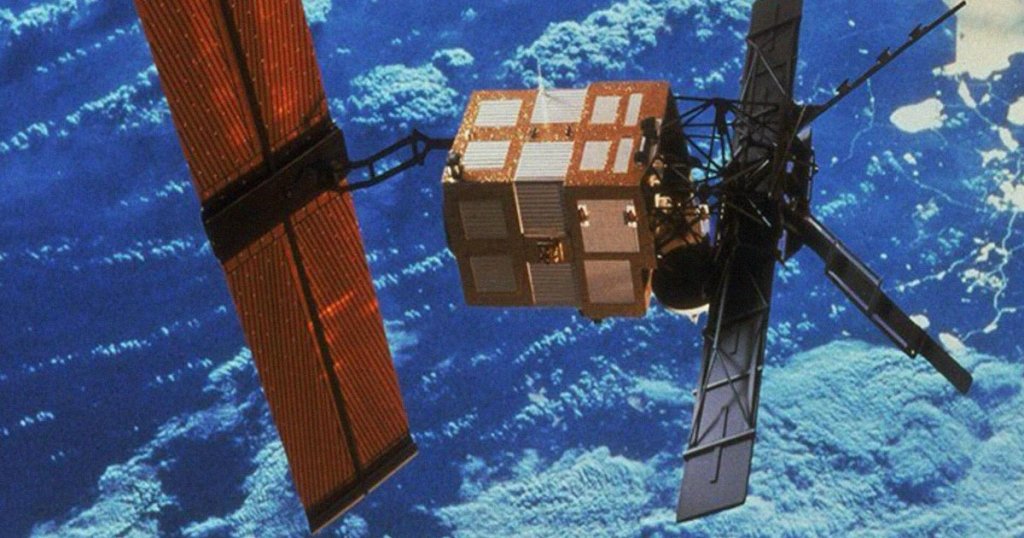Heads up!
Tin Can Deorbit
A massive, defunct satellite is set to come crashing through the Earth’s atmosphere, plummeting towards the ground, in just a matter of weeks.
Launched into orbit in 1995, the European Space Agency’s European Remote Sensing 2 (ERS-2) satellite was decommissioned over a decade ago. Since then, it’s used up the last of its fuel reserves and is set to reenter the atmosphere “around mid-February” per an ESA statement.
Even without the fuel, the massive Earth observatory still weighs north of 5,000 pounds, a giant piece of space debris that could technically wreak havoc if it were to crash into a populated area.
Fortunately, as the ESA is quick to point out in a FAQ specifically about the reentry, “the annual risk of an individual human being injured by space debris is under 1 in 100 billion.”
In other words, you’re orders of magnitude more likely to be hit by lightning.
Crashing Down
As Space.com points out, far larger objects have uncontrollably made their descent from orbit, including the core stage of China’s Long March 5B rocket, which weighed a whopping 23 tons when it crashed back down a week after liftoff back in 2022.
NASA officials have since called out China for its reckless habit of allowing massive rocket parts to come raining down unassisted.
And the risks are real, especially when it comes to recently-launched rocket boosters. Just last month, videos circulated on social media showing what appears to be a pair of rocket boosters of a Chinese Long March 3B rocket uncontrollably tumbling towards an inhabited area, resulting in massive fireballs.
As to where the ESA’s mammoth satellite will land is impossible to tell at this point.
“The satellite is under frequent observation, and we are tracking its orbital altitude as it decays,” the ESA’s FAQ reads. “However, because the reentry is ‘natural’, it is impossible to predict exactly when and where the satellite will begin to burn up.”
Besides turning into a massive piece of space junk, the ERS-2 satellite has “collected a bounty of data on Earth’s diminishing polar ice, changing land surfaces, sea-level rise, warming oceans and atmospheric chemistry,” per the agency. It has also assisted during natural disasters.
While a largely uncontrolled descent sounds like a reckless decision, its eventual plummet is still technically a more desirable outcome than having it pose a threat to space explorers later down the line.
Our planet’s orbit is already chockful of space junk — and the problem is only bound to get worse as more rockets are launched (and satellites decommissioned).
More on reentries: NASA Terrified of Space Station Careening Out of Control and Crashing Into People
Share This Article

